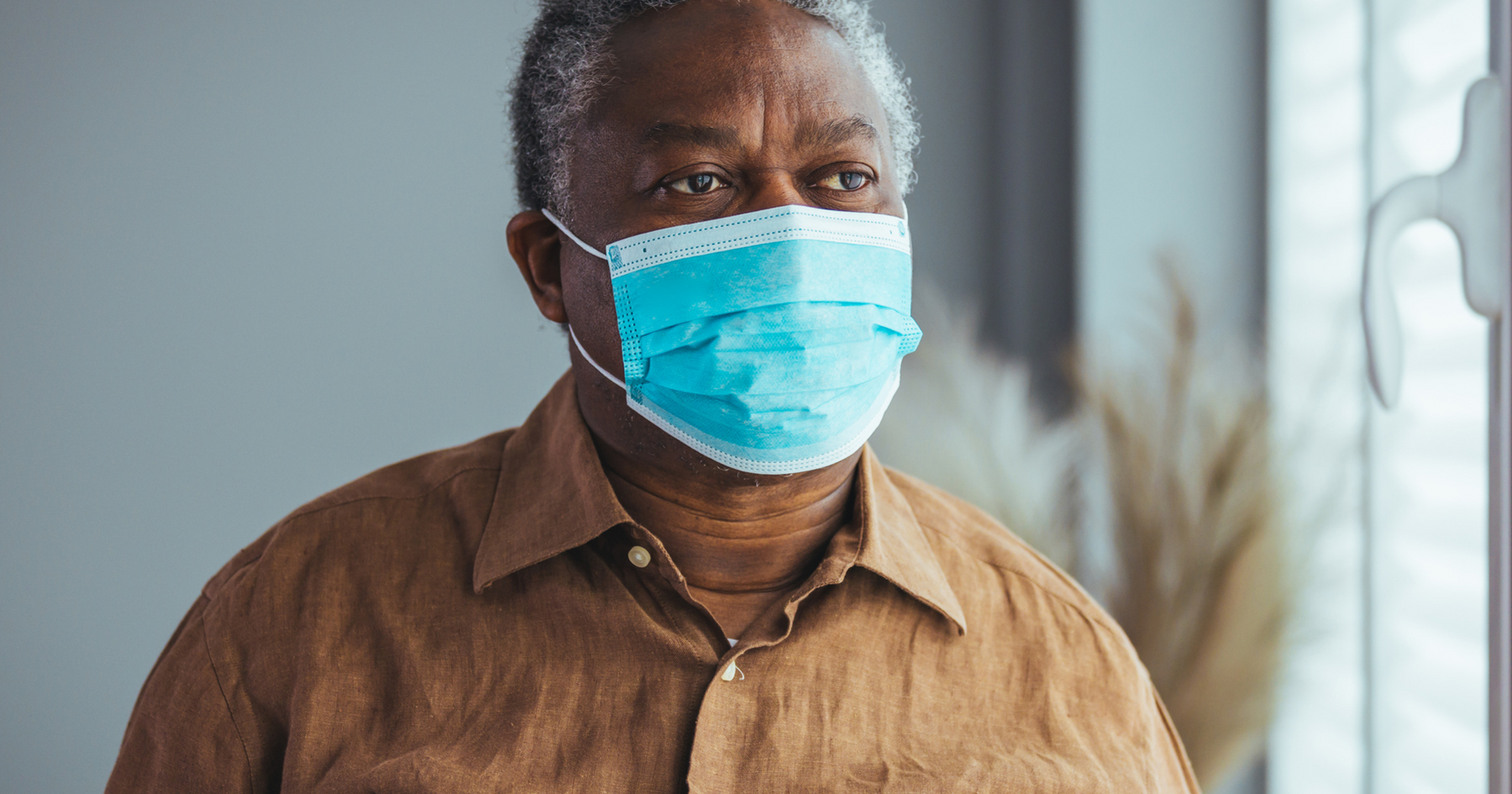Air pollution is unfair and unjust
Life expectancy in the UK has stalled in the last ten years, inequality has widened, and years of ill-health have increased. Air pollution is playing a significant role in worsening health inequalities.


Health inequalities are not inevitable and can be significantly reduced… avoidable health inequalities are unfair and putting them right is a matter of social justice.

Many of the poorest families are most exposed
Studies suggest many of the poorest people are more likely to live near busy main roads. This is a huge injustice given there is less car ownership in lower-income groups so it is often the very people who contribute the least to air pollution that are being most burdened by the health costs.
Lung disease more common in deprived areas
Rates of lung disease are often higher in poorer communities too. Having a lung condition makes you more susceptible to harm from toxic air. Someone from the most deprived section of society is 2.5x more likely to have COPD, and nearly twice as likely to develop lung cancer as someone from the least deprived section of society. And we have seen similar patterns emerge with higher rates of COVID-19 in poorer areas.


When [my health] first deteriorated I lost 4 months off work, was unwell for years after and have never recovered to full fitness. I have got off the bus or out of my car and taken a breath and the asthma has exacerbated. I totally avoid the city centre as I struggle to walk through without symptoms, once in 10 years I have gone into the city without symptoms. I have family loyalties and cannot afford to move.







